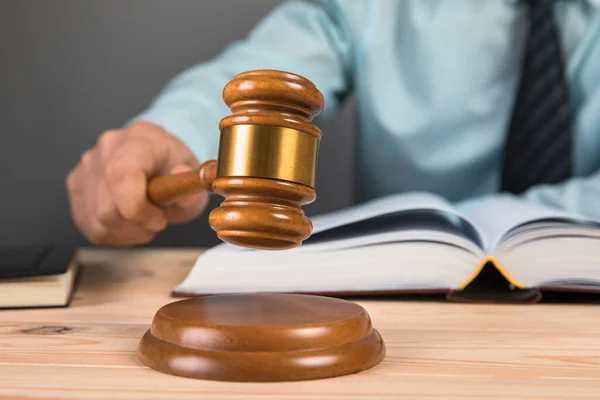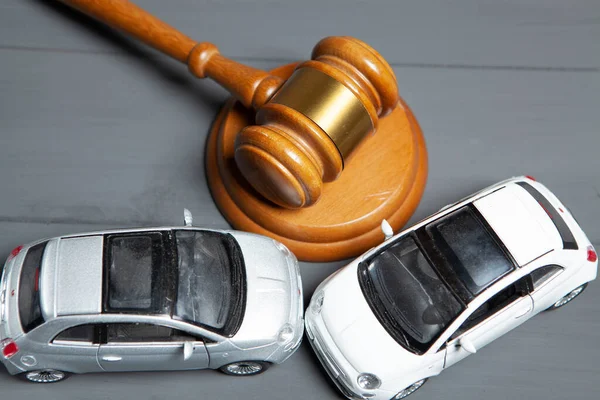What You Need To Know About California's Used Car Lemon Law Before Buying
California's Lemon Law is a critical piece of legislation designed to protect consumers who purchase defective vehicles. While it is commonly associated with new cars, the law also extends its protection to used vehicles under certain conditions. Understanding the intricacies of California’s Used Car Lemon Law before making a purchase can save you from potential legal battles and financial losses. This article will explore the essential elements of the law, what qualifies as a "lemon," and how to navigate the process if you find yourself with a faulty vehicle.
Understanding California's Used Car Lemon Law
What Is the Lemon Law?
California's Lemon Law, formally known as the Song-Beverly Consumer Warranty Act, provides legal recourse for consumers who purchase vehicles that fail to meet quality and performance standards. The law requires manufacturers to repair, replace, or refund a defective vehicle if it cannot be fixed after a reasonable number of attempts. Though typically associated with new cars, the law can also apply to used vehicles if certain criteria are met.
Does the Lemon Law Cover Used Cars?
Yes, the Lemon Law can apply to used cars, but the coverage is more limited compared to new vehicles. For a used car to be covered under the Lemon Law, it must still be under the manufacturer’s original warranty or an extended warranty provided by the manufacturer. Additionally, the car must have been purchased from a dealership, not a private seller. The law does not cover vehicles that are sold "as-is," which means the buyer accepts the car in its current condition without any warranty protection.
Qualifying as a Lemon
What Makes a Car a "Lemon"?
For a used car to qualify as a lemon under California's Lemon Law, it must have substantial defects that impair its use, value, or safety. These defects must not be the result of abuse, neglect, or unauthorized modifications by the owner. Common examples of issues that might make a vehicle a lemon include persistent engine problems, transmission failures, or faulty braking systems.

Reasonable Number of Repair Attempts
One of the key factors in determining whether a vehicle qualifies as a lemon is the "reasonable number of repair attempts" standard. This generally means that the manufacturer or dealership has tried multiple times to fix the issue without success. In California, the law typically requires at least two repair attempts for a serious safety defect, such as brake failure, or four attempts for other substantial defects. If the vehicle is out of service for more than 30 days due to repairs, it may also qualify as a lemon.
Steps to Take if You Believe You Have a Lemon
Documenting the Defects
If you suspect that your used car might be a lemon, the first step is to meticulously document every issue and repair attempt. Keep copies of all repair orders, invoices, and communication with the dealership or manufacturer. This documentation will be crucial if you need to take legal action under the Lemon Law.
Seeking Legal Assistance
Navigating California's Lemon Law can be complex, especially when dealing with used cars. If the manufacturer or dealership refuses to acknowledge the issue or offer a satisfactory resolution, it may be time to consult with an attorney who specializes in Lemon Law cases. Many Lemon Law attorneys work on a contingency basis, meaning they only get paid if you win your case.
Filing a Lemon Law Claim
To file a Lemon Law claim, you will need to gather all relevant documentation and present your case to the manufacturer or dealership. If they refuse to settle, you may need to take the case to arbitration or court. A successful claim can result in a refund, vehicle replacement, or monetary compensation for the diminished value of the car.
Potential Outcomes and Resolutions
Replacement or Refund
If your vehicle is deemed a lemon, the manufacturer is typically required to offer a replacement vehicle or a refund. The refund usually includes the purchase price, sales tax, registration fees, and other related costs, minus a deduction for the mileage you put on the car before the first repair attempt.
Monetary Compensation
In some cases, you may be entitled to monetary compensation instead of a replacement or refund. This compensation is intended to cover the diminished value of the vehicle due to its defects. The amount of compensation will depend on various factors, including the severity of the defects and the vehicle's purchase price.

Avoiding a Lemon Before Purchase
Researching the Vehicle’s History
Before purchasing a used car in California, it's essential to research the vehicle’s history thoroughly. Obtain a vehicle history report from a service like Carfax or AutoCheck, which will reveal any past accidents, title issues, or previous lemon law buybacks. Be cautious if the vehicle has a history of significant repairs or if it was previously branded as a lemon in another state.
Inspecting the Vehicle
In addition to reviewing the vehicle’s history, have the car inspected by a trusted mechanic before finalizing the purchase. An inspection can uncover hidden issues that may not be immediately apparent, giving you the information you need to make an informed decision.
Key Points About California's Used Car Lemon Law
California’s Used Car Lemon Law provides protection for consumers who purchase defective vehicles, ensuring they have legal recourse to seek a refund or replacement.
- Used Car Coverage: The Lemon Law in California can apply to used cars, but only if they are still under the manufacturer's original warranty or an extended manufacturer-backed warranty. It does not apply to "as-is" sales or private transactions.
- Qualifying Defects: To qualify as a lemon, the car must have a substantial defect that impacts its use, safety, or value, and the defect must not result from owner misuse or modifications.
- Reasonable Repair Attempts: The law generally requires that the manufacturer or dealership attempts to repair the defect multiple times (usually at least two for safety issues or four for other defects) before the vehicle can be considered a lemon.
- Arbitration as a Resolution: Arbitration is a quicker, less expensive alternative to going to court, but the arbitrator's decision is usually binding, so it's important to prepare your case thoroughly.
4655 Cass St, San Diego, CA 92109, United States.
Phone: +1 619-795-9430

